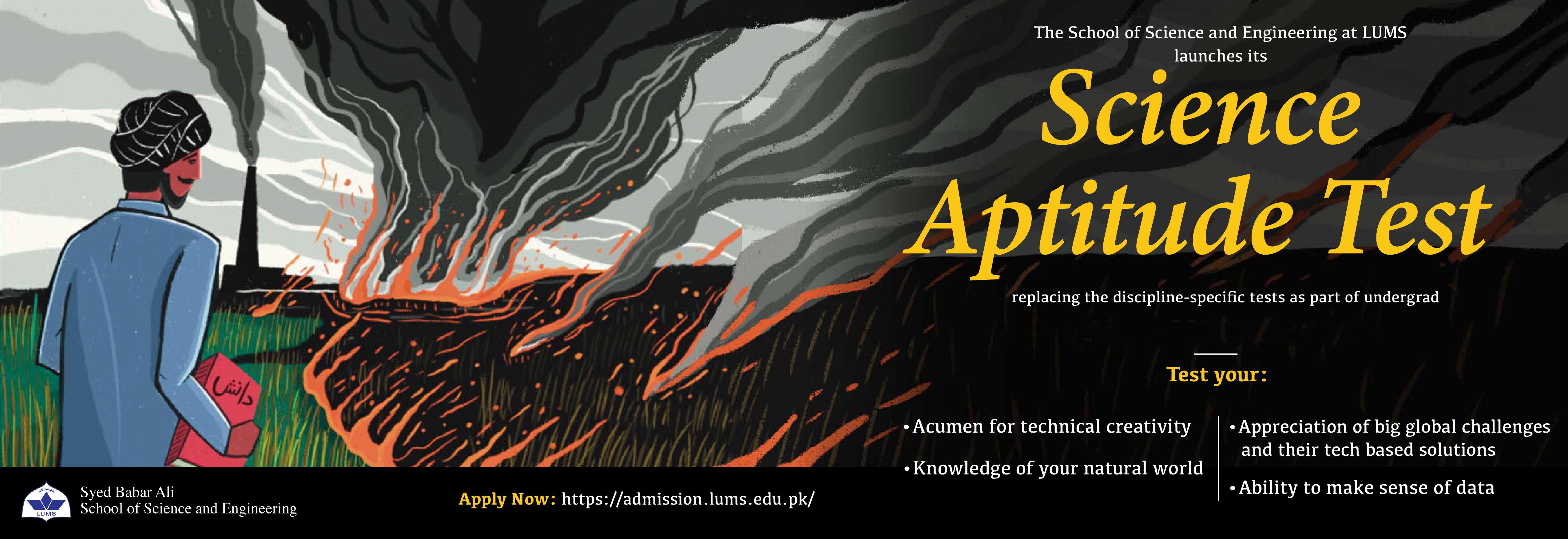Science Aptitude Test

The test will be a set of multiple-choice questions. These focus on basic science general knowledge, and, most of all, on the candidate’s ability to think critically like a scientist. Broadly speaking, the questions will examine scientific aptitude in the following areas:
1. The scientific method
2. Interpreting quantitative data
3. Understanding graphical representations of data
4. Scientific literacy (general knowledge)
5. Qualitative and quantitative deduction
6. Appreciation of scale, and dimensions
7. Appreciation of approximation, significance (statistical) and uncertainties
8. Ability to comprehend a technical text
It should be emphasized that NO specialized preparation for the test is required. You cannot really ‘prepare’ for it. If you have thought deeply about the scientific things you have learned in school, you should be able to do very well. A few sample questions are given here. A few sample questions are given here.
Motivation and rationale
Academic credentials offer an important metric in helping decision-makers review applications; however, it is important to measure scientific proficiency alongside conventional academic capabilities. The aptitude test is a new way to scrutinize applicants and introduce greater fairness in the application process. For example, a student might have a lower score on standardized tests (such as O levels, Matric, IB, etc) but perform very well on the scientific literacy test. In such a scenario, the applicant could be flagged for a follow-up interview that could lead to admission.
LUMS Admissions homepage: https://admission.lums.edu.pk/

